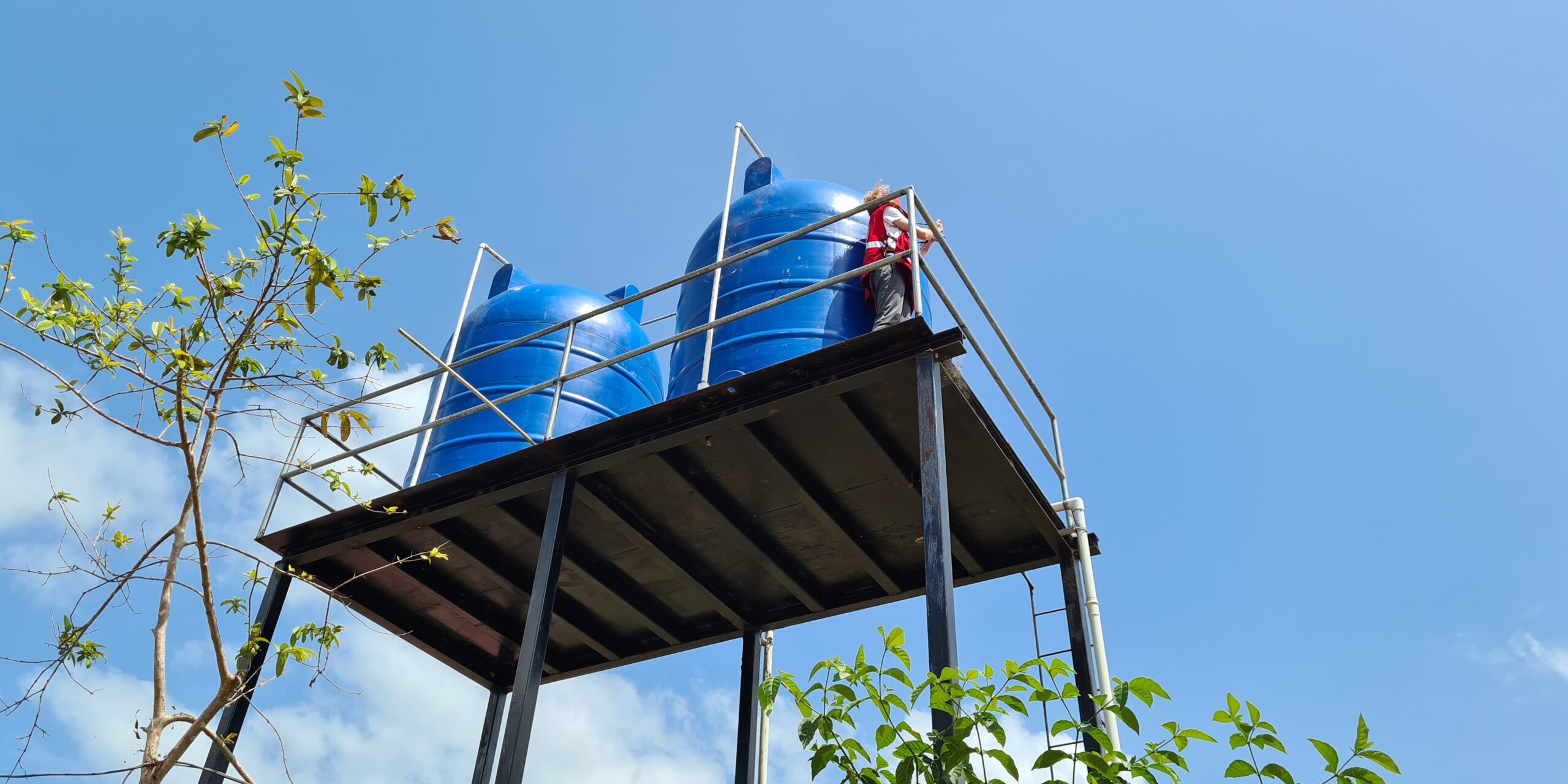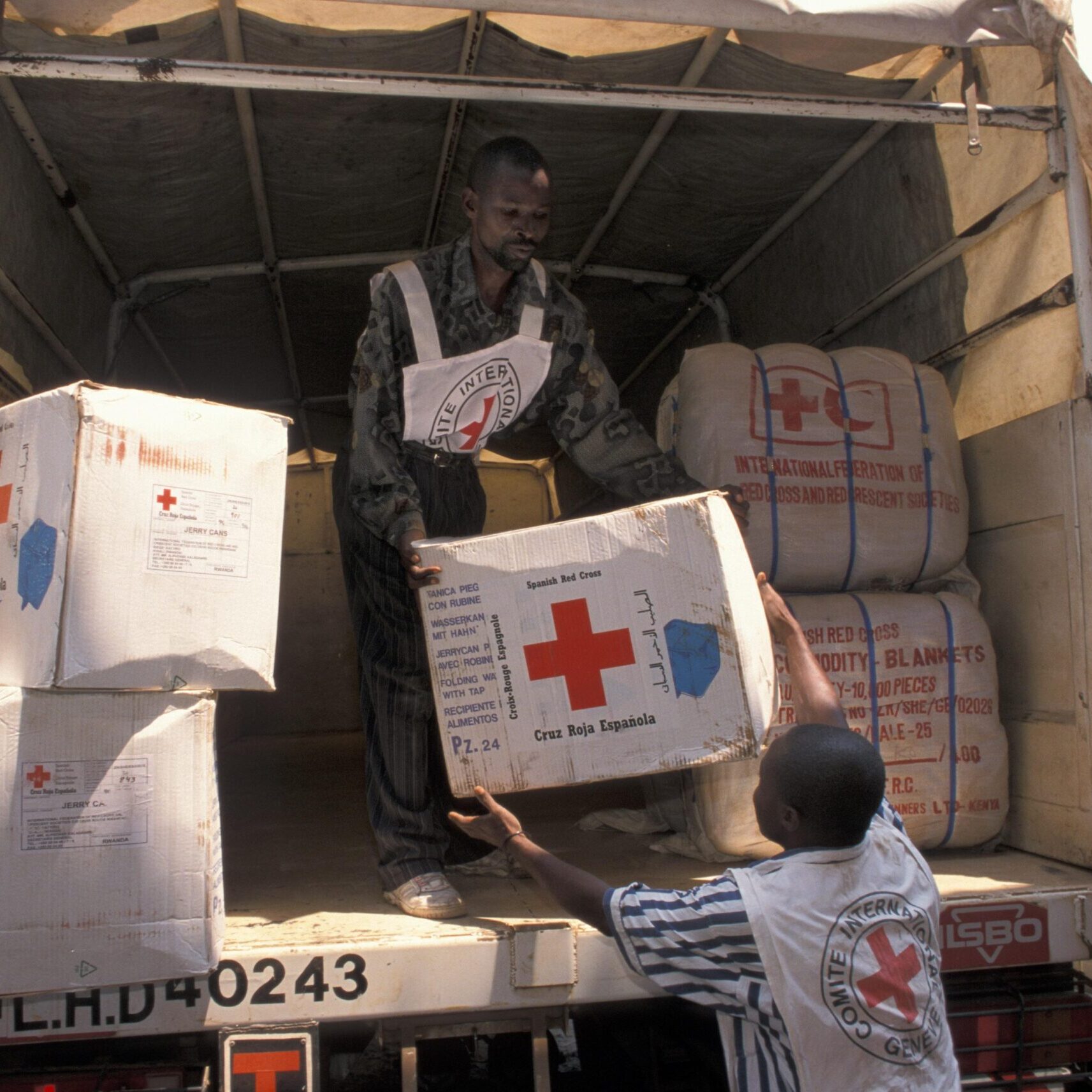Migrant Food and Non-Food Necessities Distribution

It is important to think about whether you are likely to be doing large-scale distributions when you set up your space.
Distributions are a common part of an HSPs work. This includes many basic necessities, from food to clothing to hygiene kits to sleeping bags and tents. Distributions should be tailored to the specific needs of migrants which should be assessed in consultation with migrants and with due consideration of gender, age, disability, and other diversity factors.
Things to keep in mind:
Don’t forget to supply your staff and volunteers with cleaning and hygiene supplies, such as gloves, masks, soap, sterilising and sanitising detergents.
It may be inconvenient or inappropriate to conduct distributions at the HSP, particularly if you do not have the space or conditions to store things safely or hygienically.
In these cases, it may be more appropriate to post signs or provide brochures that provide migrants with directions to organisations that can help them with different needs. Include directions, opening hours and what they can expect to find so that they do not make a long journey for anything.
As with any partner, verify in advance that they are happy to provide assistance to irregular migrants, particularly soup kitchens, canteens or food banks. You may wish to sign an agreement or MOU with such organisations.

Members of the local community may want to donate items. This is a kind and generous impulse, but can create challenges if items are not appropriate, do not meet migrants’ needs, or simply aren’t what they want. Communities may perceive migrants as ungrateful if donated goods are not accepted. However, just because people are on the move doesn’t mean they are obliged to wear cast off clothing! Dignity is a fundamental part of humanitarian response. Consult with people using services about what they want and what they don’t.
- Be clear and firm about what you will and will not accept as donations.
- Identify organisations or facilities that are willing to take any ‘overflow’ food or non-food items you cannot use.
